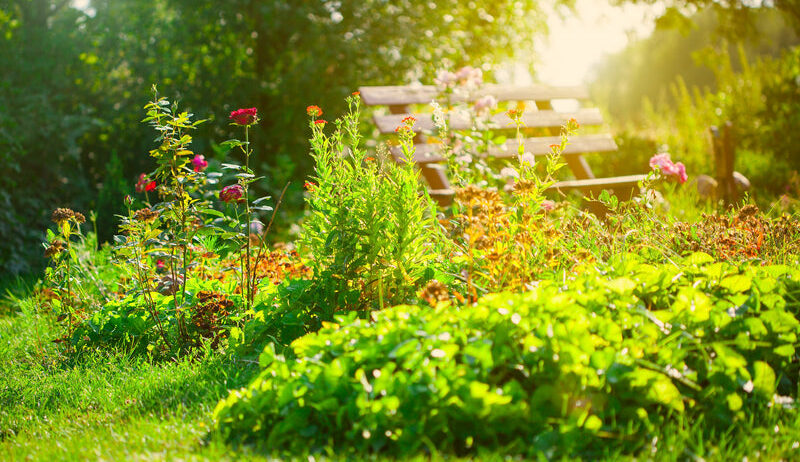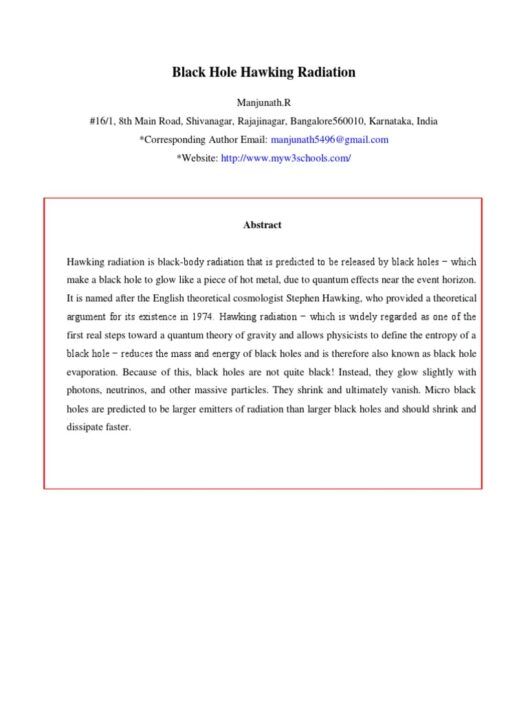As the specter of climate change looms larger, individuals are increasingly seeking tangible methods to mitigate its effects. One such avenue is the cultivation of personal gardens. The question arises: does growing your own garden truly contribute to combating global warming? Engaging with this topic necessitates a multifaceted approach, analyzing the myriad ways home gardening can positively influence the environment.
To begin, it is essential to acknowledge the role of plants in carbon sequestration. Through the process of photosynthesis, plants absorb carbon dioxide (CO2), a principal greenhouse gas, and convert it into organic matter. This phenomenon is not limited to vast forests or manicured parks; even individual home gardens can act as vital carbon sinks. A garden infused with a diversity of plants—including trees, shrubs, and perennial flowers—can significantly enhance CO2 absorption. Empowering individuals to plant a variety of species fosters biodiversity, which is critical for sustaining ecological balance.
Moreover, home gardens bolster soil health, which is paramount in the fight against global warming. Healthy soil functions as a formidable carbon reservoir. Practices such as composting, mulching, and adopting no-till strategies contribute to soil aeration and organic matter retention, thereby increasing its carbon storage potential. Enhanced soil quality not only improves the ability of plants to sequester carbon, but also supports the proliferation of beneficial microorganisms that further enhance plant growth and resilience. Thus, by prioritizing soil health, amateur gardeners can create a robust system that aids in climate regulation.
In addition to their carbon absorption capabilities, gardens can substantially reduce fossil fuel dependence. Consider the carbon footprint associated with food production and distribution, which encompasses everything from farming to transportation. Localized food cultivation diminishes reliance on industrial agriculture, thereby lowering greenhouse gas emissions. By growing vegetables, fruits, and herbs at home, individuals can reduce the distance food travels from farm to plate—effectively diminishing the associated emissions from transportation.
Furthermore, gardens can serve as a catalyst for fostering community engagement around sustainability practices. Community gardens, in particular, function as vibrant hubs of ecological education and collaboration. These spaces provide opportunities for individuals to learn about sustainable agriculture methods, organic gardening, and permaculture principles. When communities unite in gardening efforts, they not only cultivate organic produce but also deemphasize the consumer culture that heavily relies on processed foods—thus further reducing consumption-related carbon emissions.
In exploring the ramifications of gardening on water usage, it is imperative to highlight the advantages of employing effective gardening techniques. Traditional agricultural practices often lead to excessive water consumption, contributing to depletion of aquifers and exacerbating drought conditions. Conversely, home gardeners, particularly those who utilize sustainable practices such as xeriscaping and rainwater harvesting, can minimize their water footprint. By cultivating native plants and drought-resistant species, gardeners can create landscapes that thrive with less irrigation while simultaneously enriching local ecosystems.
Beyond the practicalities of carbon sequestration and water conservation, gardening offers psychological and social benefits that indirectly champion environmental consciousness. Engaging with nature evokes a sense of responsibility and connection to the earth. This stewardship can ignite a desire for more sustainable living practices, encouraging not only a commitment to gardening but also a broader mindfulness regarding consumption habits, waste reduction, and energy efficiency. In essence, the benefits of growing one’s own food transcend mere physical cultivation; they can inspire a paradigm shift towards environmental advocacy.
However, it’s important to approach gardening not solely as a panacea but as part of a broader arsenal against global warming. While home gardens can play a significant role in reducing emissions, they must be complemented by systemic changes, such as policy advocacy, renewable energy adoption, and corporate accountability in emissions reduction. This integrative approach recognizes that individual actions are vital, yet collective efforts are imperative to engender lasting change.
Illuminating the impact of gardening on climate change calls for an acknowledgment of potential challenges. Modern lifestyles often impose limitations on space, time, and resources available for gardening. Urban dwellers may struggle with land constraints, while others may feel intimidated by the prospect of cultivating food. To mitigate these barriers, education and access to resources are essential. Initiatives that provide gardening workshops, access to community plots, and sharing of resources can empower individuals to overcome these challenges.
Despite obstacles, the notion of turning to our gardens as frontline warriors in the fight against climate change remains compelling. The movement towards self-sufficiency and environmental stewardship is gaining traction and nurturing a sense of purpose in individuals. While the impacts of personal gardens might not be immediately quantifiable, their cumulative effect on community resilience, biodiversity, and carbon dioxide reduction should not be underestimated.
To summarize, cultivating a personal garden indeed contributes to combatting global warming through carbon sequestration, improved soil health, reduced fossil fuel dependence, and the promotion of sustainable practices. While gardening alone may not be a silver bullet, it represents a crucial piece in the intricate puzzle of climate action. By engaging in this endeavor, individuals foster a deeper connection to the environment, paving the way for a more sustainable and resilient future.







